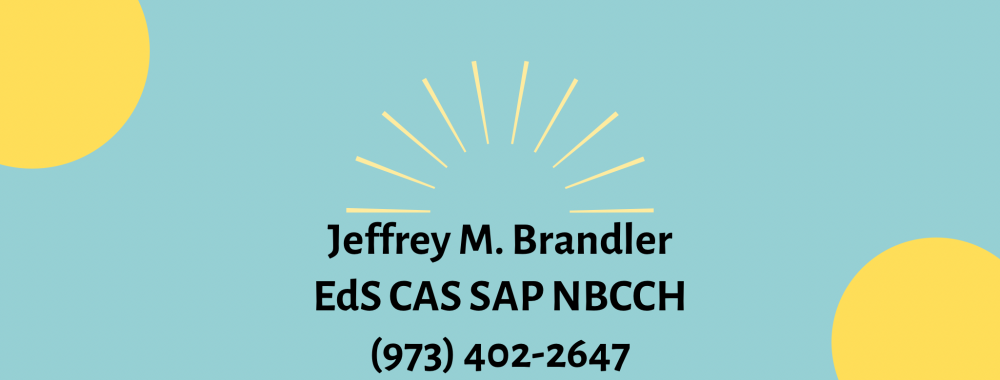Sonja Lyubomirsky’s 11 Happiness Boosters
According to scientific research, with commitment and determined effort we can develop habits that help us achieve and maintain higher levels of happiness. Here are 11 such strategies to help you “construct” a happier life.
- Count Your Blessings. Keep a “gratitude journal” and once a week list three to five things for which you are thankful—from the mundane (your flowers are finally in bloom) to the magnificent (your child’s first steps). As much as possible, vary the kinds of blessings and how you express them. And in the process, if you name a particular person who has been kind to you or influential in your life, don’t wait to express your appreciation. Write him/her a letter now, or, if possible, visit and thank the person.
- Practice Acts of Kindness. These should be varied, and both random (let the dad with the crying baby go ahead of you at the checkout counter) and planned (read a newspaper to an elderly neighbor).
- Nurture Optimism. Practice finding the silver lining in negative events, noticing what’s right (rather than what’s wrong) in a given situation, feeling good about the future (your own and the world’s), or simply feeling that you can get through the day.
- Learn to Forgive. Write—but don’t send—a letter of forgiveness to a person who has hurt or wronged you. It may help you in letting go of anger, resentment, and feelings of vengeance.
- Increase “Flow” Experiences. When you’re so absorbed in what you’re doing that you don’t notice the passage of time, you’re in a state called “flow.” Try to increase the number of flow experiences in your life, whether you’re completing a project at the office, playing with your children, engaging in a temple mitzvah initiative, or enjoying a hobby. Enhance flow by engaging in work and leisure activities that draw upon your skills and expertise.
- Invest in Relationships. Having strong personal relationships is one of the major contributing factors to happiness. Put effort into healing, cultivating, and enjoying your relationships with family, friends, and fellow congregants. Act with love, be as kind to the people close to you as you are to strangers, affirm them, share with them, and play together.
- Avoid Over-Thinking. Even during trying times, very happy people have the capacity to absorb themselves in an engaging activity. Pick a distracting, attention-grabbing activity that has compelled you in the past and do it whenever you notice yourself obsessing about the bad stuff in your life.
- Savor Life’s Joys. Pay close attention to and take delight in momentary pleasures, wonders, and magical moments. Focus on the sweetness of a ripe mango, the aroma of a fresh baked challah, the warmth of the sun when you step out from the shade. Some psychologists suggest taking “mental photographs” of pleasurable moments to review in less happy times.
- Take Care of Your Soul. Studies show that religious and spiritual people are happier and healthier than others, perhaps because of the social support of belonging to a close-knit religious group and the sense of meaning and purpose that comes from believing in something greater than yourself. If you haven’t already, join a synagogue or a community center—and become actively involved.
- Commit to Your Goals. People who strive for something significant in their pursuits, whether it’s learning a new craft or raising moral children, are far happier than those who don’t have strong dreams or aspirations. Start by taking “baby steps” towards goals that help you accomplish something, nurture relationships, and feel better about yourself.
- Use Your Body. Getting plenty of sleep, exercising, stretching, meditating, smiling, and laughing can all enhance your mood in the short term, and promote strong mental health. Practiced regularly, these energizing practices can help make daily life more satisfying and increase long-term happiness.

